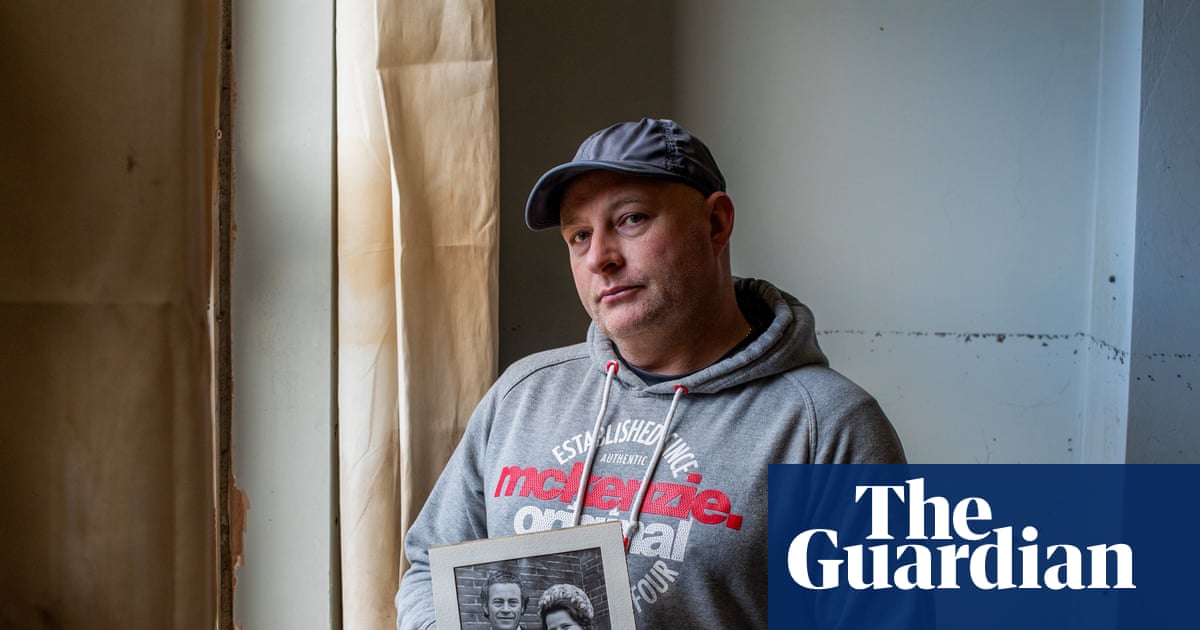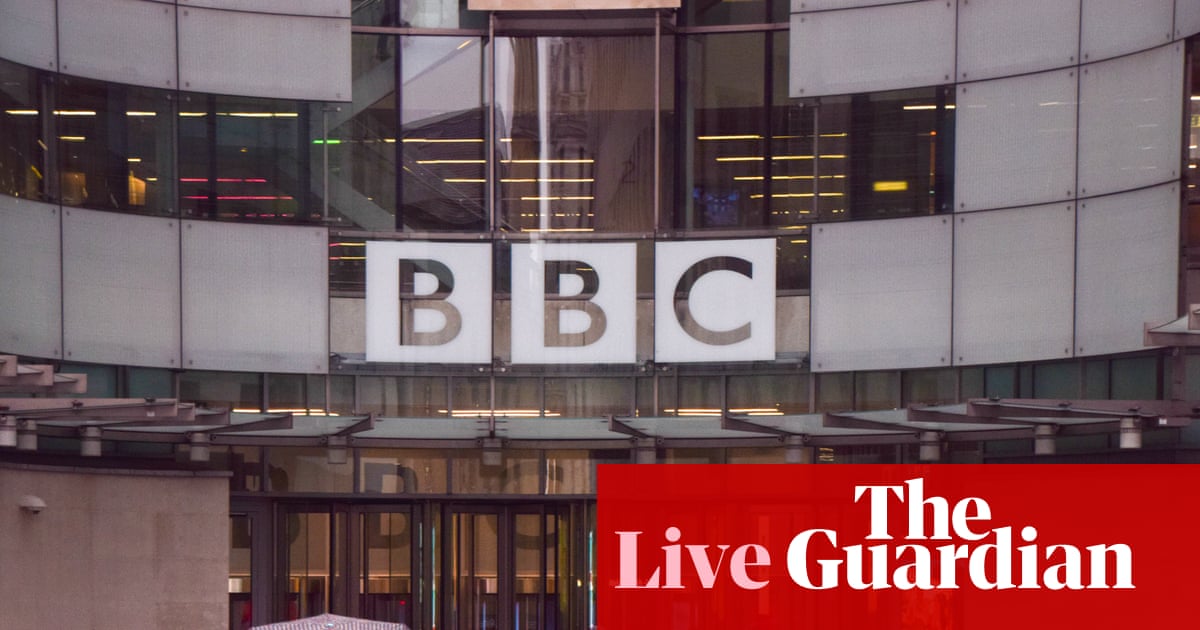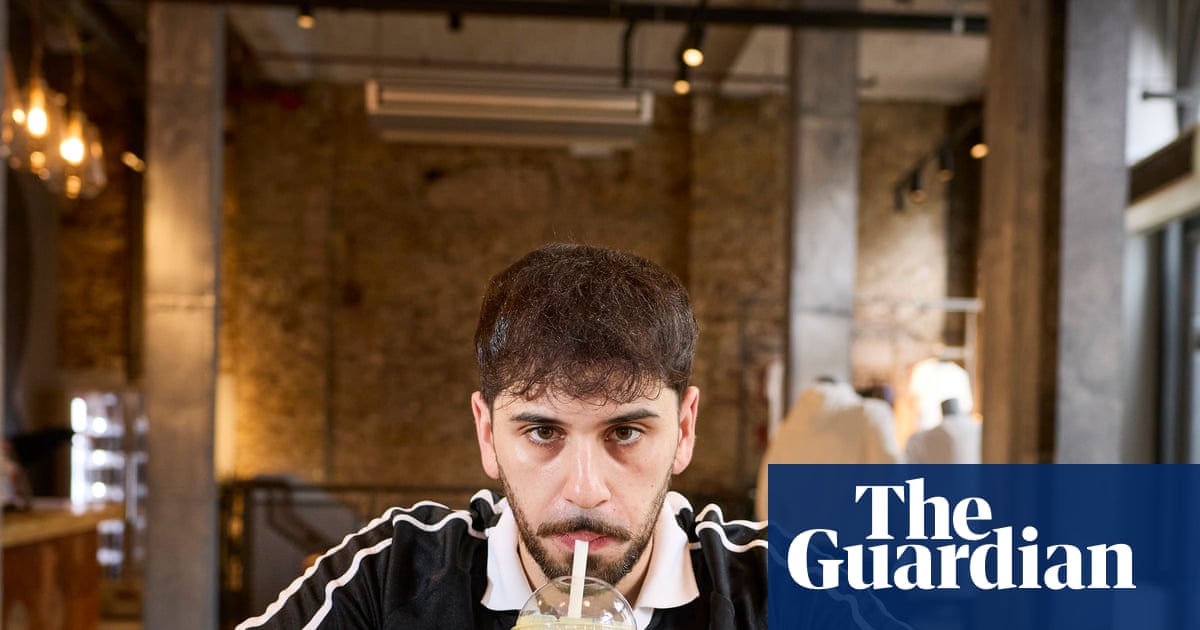US drugmaker Merck has scrapped a £1bn London research centre and is laying off 125 scientists in the capital this year, in a big blow to the country’s important life science sector.
Keir Starmer’s government has described life sciences as “one of the crown jewels of the UK economy” while the previous Conservative government had vowed to turn the country into a “global science and technology superpower” by 2030.
The planned new lab building, called the UK Discovery Centre, at the Belgrove House site opposite St Pancras and King’s Cross stations, was already under construction and scheduled to open in two years’ time. The centre had been expected to employ about 800 people overall, including 180 scientists.
As part of its U-turn, the drugmaker, known as MSD in Europe, will vacate laboratories at the nearby London Bioscience Innovation Centre, which hosts more than 60 life science companies, and the neighbouring Francis Crick Institute by the end of 2025, with the loss of about 125 scientific jobs.
New Jersey-based Merck said it would move the research operations to other sites. It is unclear where in the world it would be, but pharmaceutical companies are under pressure from Donald Trump to invest more in the US. The company declined to provider further details.
In a statement, MSD announced “plans to discontinue discovery research operations in the UK and that it no longer plans to occupy the Belgrove House site at King’s Cross”.
It added: “This … reflects the challenges of the UK not making meaningful progress towards addressing the lack of investment in the life science industry and the overall undervaluation of innovative medicines and vaccines by successive UK governments.”
MSD had previously said that the new research centre would build on its 100-year heritage in the UK, close to London’s Knowledge Quarter as well as its Moorgate headquarters. It will keep its HQ as well as a large animal health site in Milton Keynes.
after newsletter promotion
Lengthy negotiations over the cost of medicines for the UK between the government and the industry broke down last month. Under the voluntary pricing and access scheme (Vpag), companies agree to pay back a certain amount of revenues they make from newer, branded drugs. In 2023, the rebate rate rose to 23.5%, which compares with 5.7% in France and 7% in Germany.

 2 months ago
55
2 months ago
55

















































